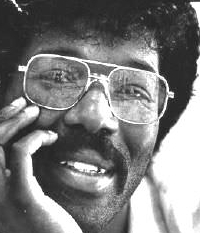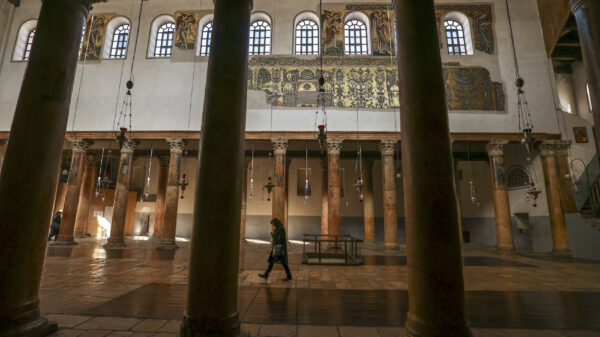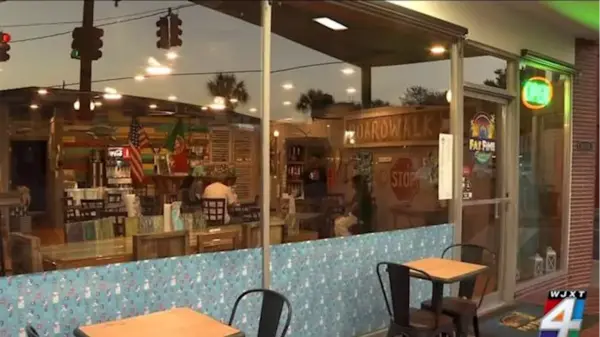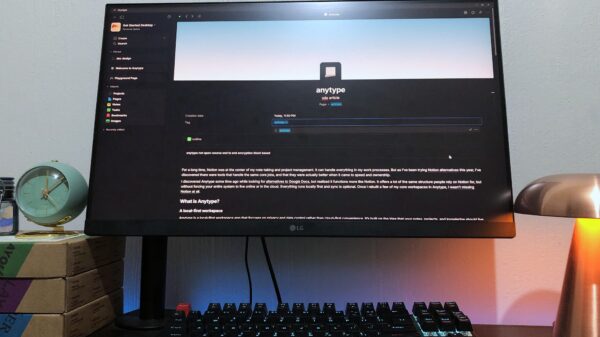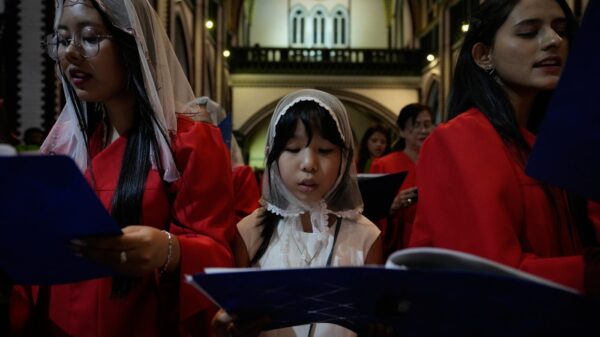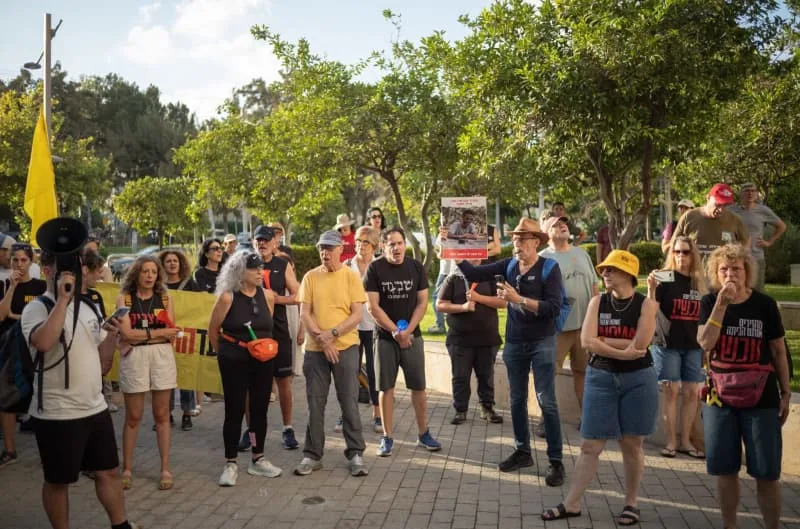On Sunday, thousands of Israelis participated in strikes and large-scale protests demanding the release of hostages held by the Palestinian Islamist group Hamas in the Gaza Strip. This mobilization comes nearly two years after the initial abduction of individuals during the violent conflicts that erupted in October 2023. Demonstrators blocked roads across the country, including a major highway in Tel Aviv, while displaying blue-and-white Israeli flags alongside yellow flags that symbolize solidarity with the captives.
Protesters called for the government to take immediate action to end the ongoing conflict in Gaza, negotiate the release of the hostages, and reconsider its recent decision to intensify military operations in Gaza City. The Hostages and Missing Families Forum, which represents families of individuals still in captivity, had organized the nationwide strike to coincide with the beginning of Israel’s work week.
Emotional Appeals from Families
Einav Zangauker, whose son Matan is among the approximately 20 surviving hostages, expressed her determination during a rally on Saturday evening. “We will bring the country to a standstill,” she declared, emphasizing the urgency of their demands. The powerful Histadrut trade union federation, however, opted not to join the strike, which may have affected the scale of the protests.
At a demonstration in Tel Aviv, a poignant moment occurred when the sister of a Nepalese agricultural student, abducted during the Hamas-led attacks on October 7, 2023, spoke publicly for the first time. Overcome with emotion, she shared that her family has received no sign of life from him for nearly two years.
During the October 2023 attacks, Hamas militants seized approximately 250 hostages. Currently, it is believed that about 50 hostages remain in Gaza, with around 20 confirmed to be alive. The ongoing plight of these individuals and their families continues to resonate deeply within the Israeli public, fueling calls for action.
As the protests unfold, the situation remains tense, with many Israelis demanding a resolution that prioritizes the safe return of their loved ones. The demonstrations reflect a broader sentiment within the nation, highlighting the urgency for government intervention and a reassessment of military strategies in the region.














